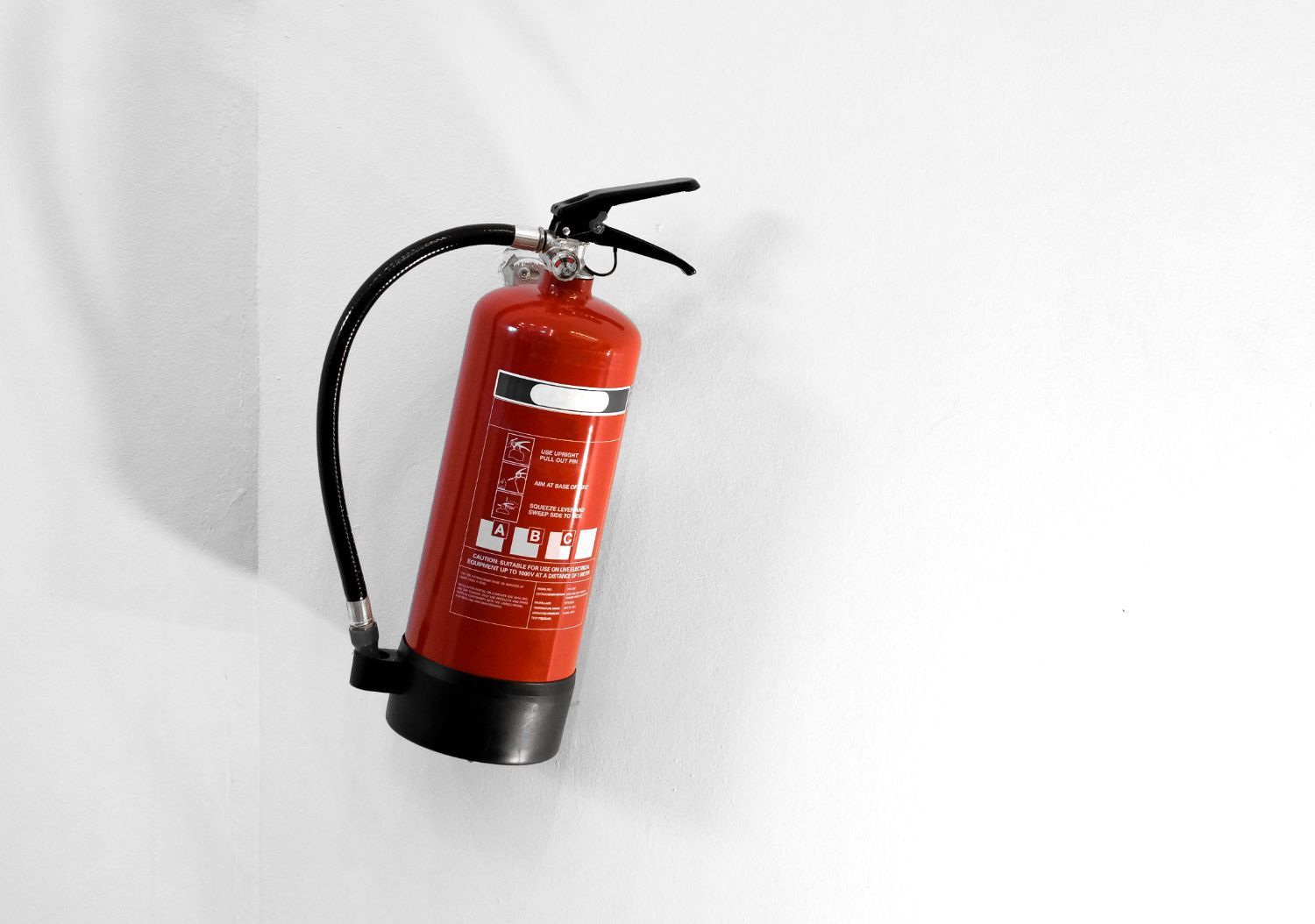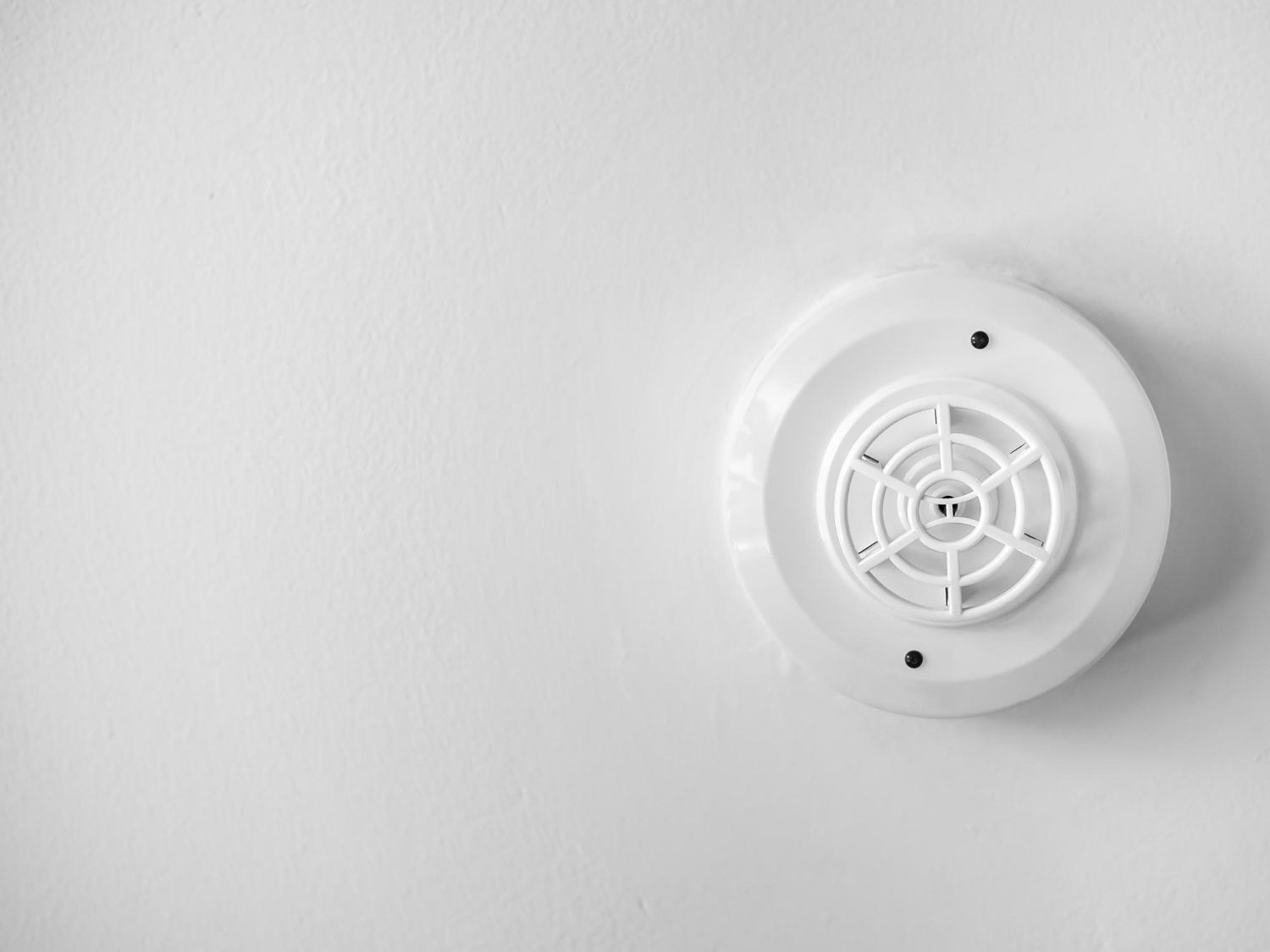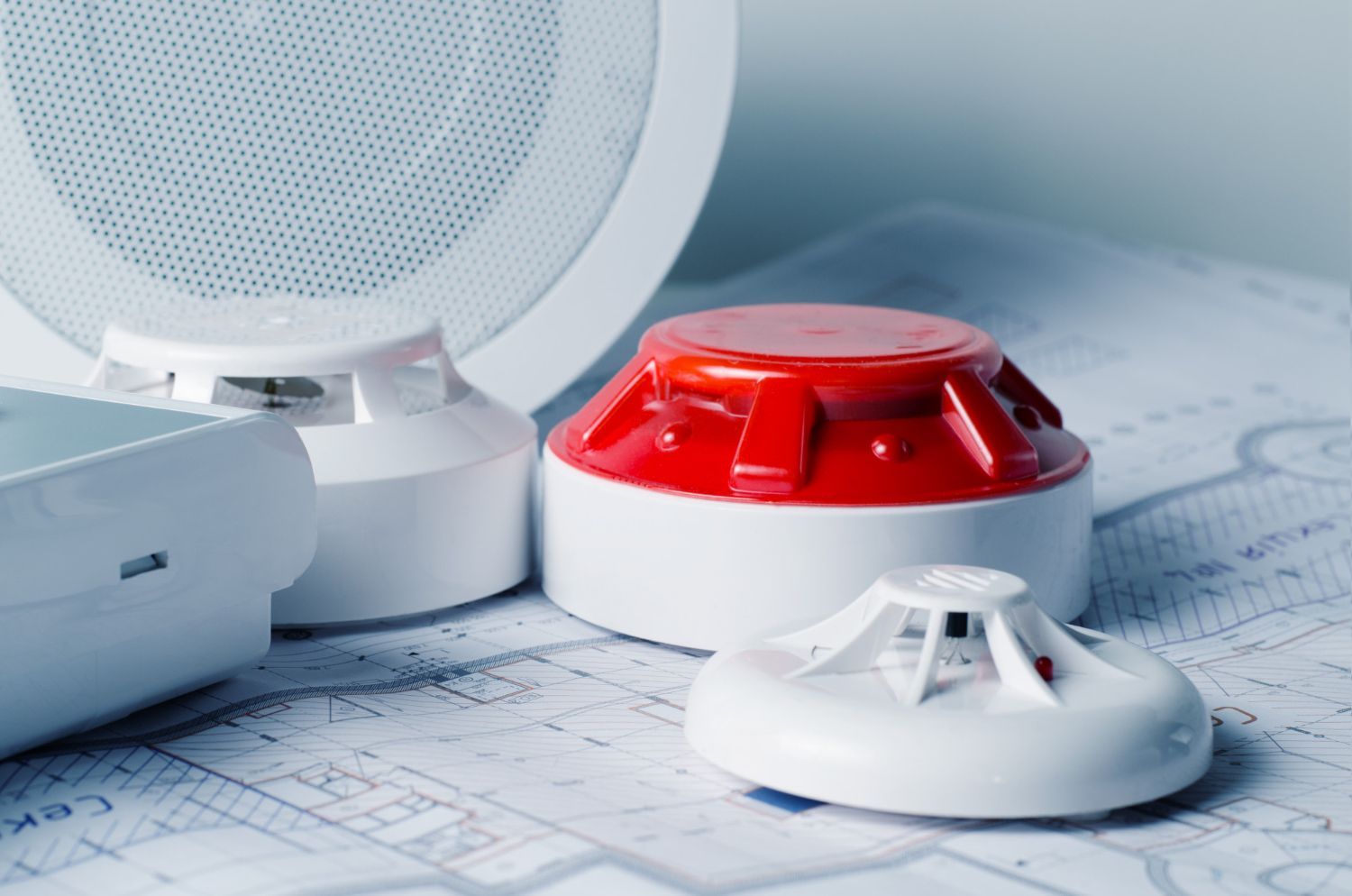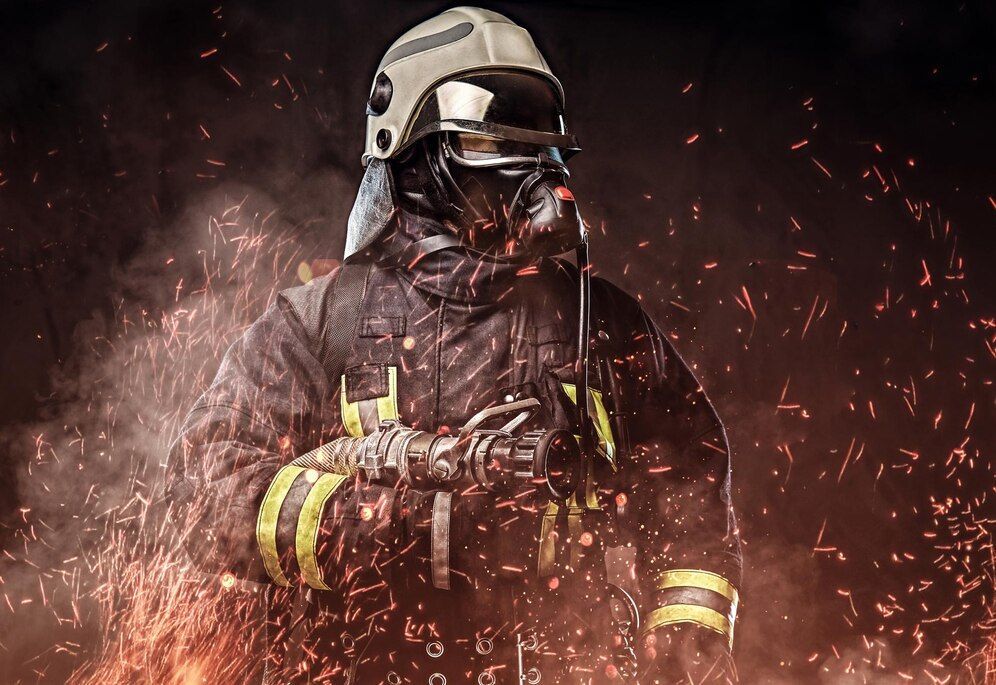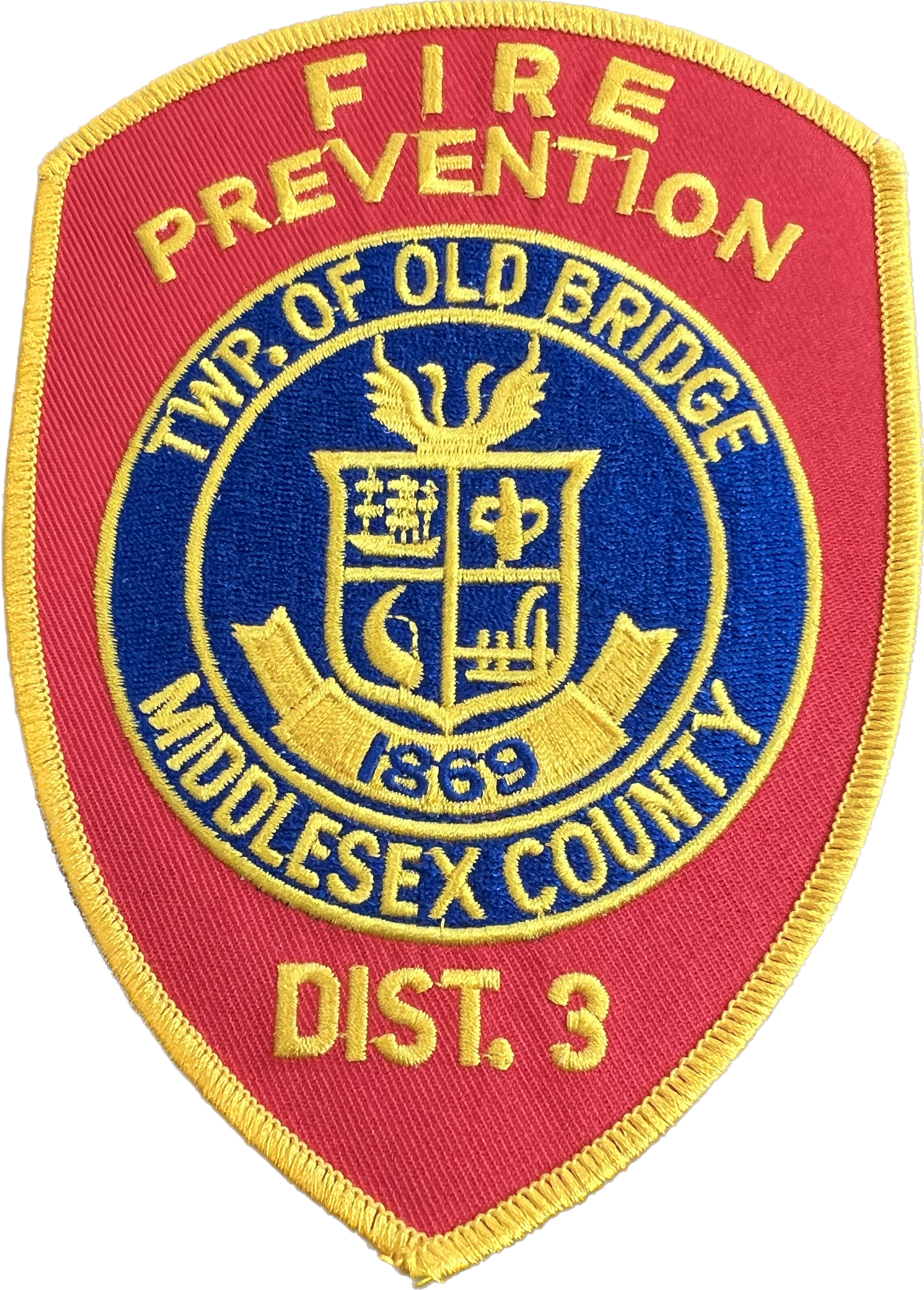How Smoke Detectors Save Lives at Home

Smoke detectors are essential in keeping your home safe from fires. They alert you to the presence of smoke, giving you and your family time to escape. Without smoke detectors, a fire can spread quickly and unnoticed, leading to tragic results. Understanding the importance of smoke detectors and how they work can help you ensure your home is well-protected.
Every home should have smoke detectors as part of its fire safety plan. These small devices play a big role in saving lives. Installing smoke detectors correctly and maintaining them can mean the difference between life and death in a fire emergency. Regular checks and following best practices will ensure they function correctly when needed.
In this article, we'll cover the importance of smoke detectors, how they work, and best practices for installing and maintaining them. By the end, you'll have a clear understanding of why these devices are crucial and how to keep them in top condition. Let's dive into the world of smoke detectors and learn how they can protect you and your loved ones.
The Importance of Smoke Detectors in Home Safety
Smoke detectors are crucial for protecting homes and saving lives. These devices detect smoke early and give you a warning before the fire spreads, providing valuable time to escape. Fires can happen unexpectedly, usually when we are least prepared. Having a smoke detector reduces the chances of getting caught off guard.
Statistics show that homes without smoke detectors are at a much higher risk of fire-related deaths. A working smoke detector reduces the risk of dying in a home fire by half. This is a significant difference that highlights the importance of having these devices in every home. Most fire-related fatalities occur at night when people are sleeping, making early detection even more critical.
Further, smoke detectors are not just for protecting human lives; they also help protect property. Early warning can lead to quicker action, which might save your home or at least minimize the damage. In the big picture, smoke detectors play a massive role in overall home safety and security, helping keep our families and belongings protected from fire hazards.
How Smoke Detectors Work
Understanding how smoke detectors work can help you appreciate their importance even more. There are primarily two types of smoke detectors: ionization detectors and photoelectric detectors. Each type detects smoke differently and can be beneficial in various fire scenarios.
- Ionization Smoke Detectors: These detectors use a small amount of radioactive material between two electrically charged plates. This setup ionizes the air and creates a current between the plates. When smoke enters the chamber, it disrupts this current, triggering the alarm. Ionization detectors are particularly good at detecting fast, flaming fires.
- Photoelectric Smoke Detectors: These detectors use a light beam and a light sensor. When smoke enters the chamber, it scatters the light beam, causing it to hit the sensor and trigger the alarm. Photoelectric detectors are better at detecting slow, smoldering fires, which can produce a lot of smoke before bursting into flames.
Having both types of detectors or a combination unit ensures comprehensive coverage. The exact mechanism might sound technical, but knowing the basics helps you understand why placement and maintenance matter. When smoke is detected, these alarms sound loudly, waking you up and alerting everyone in the house to the danger. This early detection and alert system can make a life-saving difference.
Best Practices for Installing Smoke Detectors
Installing smoke detectors correctly is key to ensuring they work effectively. Follow these best practices to maximize the safety of your home.
- Placement Matters: Install smoke detectors on every level of your home, including the basement. Place them inside each bedroom, outside sleeping areas, and in common rooms like the living room and kitchen. Smoke rises, so detectors should be mounted on ceilings or high on walls.
- Avoid Dead Zones: Don’t install smoke detectors near windows, doors, or ducts where drafts might interfere with their operation. Keep them at least 10 feet away from cooking appliances to reduce false alarms.
- Follow Installation Instructions: Each smoke detector model comes with specific installation instructions. Follow these guidelines carefully to ensure they are installed and positioned correctly.
- Interconnected Detectors: For optimal safety, use interconnected smoke detectors. When one detector senses smoke, they all go off. This ensures that everyone in the house hears the alarm, no matter where the fire starts.
By following these best practices, you’ll ensure your smoke detectors provide the best possible protection for your home and family. Proper placement and installation are crucial to their effectiveness.
Maintaining and Testing Your Smoke Detectors
Once installed, smoke detectors need regular maintenance and testing to function properly. Here’s how to keep your smoke detectors in top condition:
- Test Regularly: Test your smoke detectors at least once a month. Simply press the test button on each detector to ensure the alarm sounds. If it doesn’t, replace the batteries or the unit itself if it’s not functioning.
- Change Batteries: Replace the batteries at least once a year or when the detector chirps, indicating a low battery. It’s a good idea to choose a specific date each year to change the batteries, like when you change your clocks for daylight saving time.
- Clean the Units: Dust and debris can interfere with your smoke detector’s ability to function. Gently vacuum the exterior of the detector or use a clean cloth to wipe it down every few months.
- Replace Old Detectors: Smoke detectors don’t last forever. Replace them every 10 years or as recommended by the manufacturer. The sensors in older detectors can become less sensitive over time, reducing their effectiveness.
By maintaining and testing your smoke detectors, you ensure they are always ready to alert you in case of a fire. Regular upkeep can make a big difference in the effectiveness of these life-saving devices.
Conclusion
Smoke detectors are small but mighty tools that play a crucial role in home safety. They provide early warning in case of a fire, giving you and your loved ones the precious time needed to escape. Understanding their importance, knowing how they work, and following best practices for installation and maintenance can greatly enhance their effectiveness.
Keeping your smoke detectors in good working order is essential for protecting your family and property. Regular testing, proper placement, and timely maintenance ensure that these devices are always ready to perform their life-saving duty.
For more tips on fire safety and to ensure your home is well-protected, contact Board of Fire Commissioners, Fire District 3, Township of Old Bridge. We are dedicated to helping you and your family stay safe and informed about fire protection. Check out our fire department service and let us help you keep your home secure.



